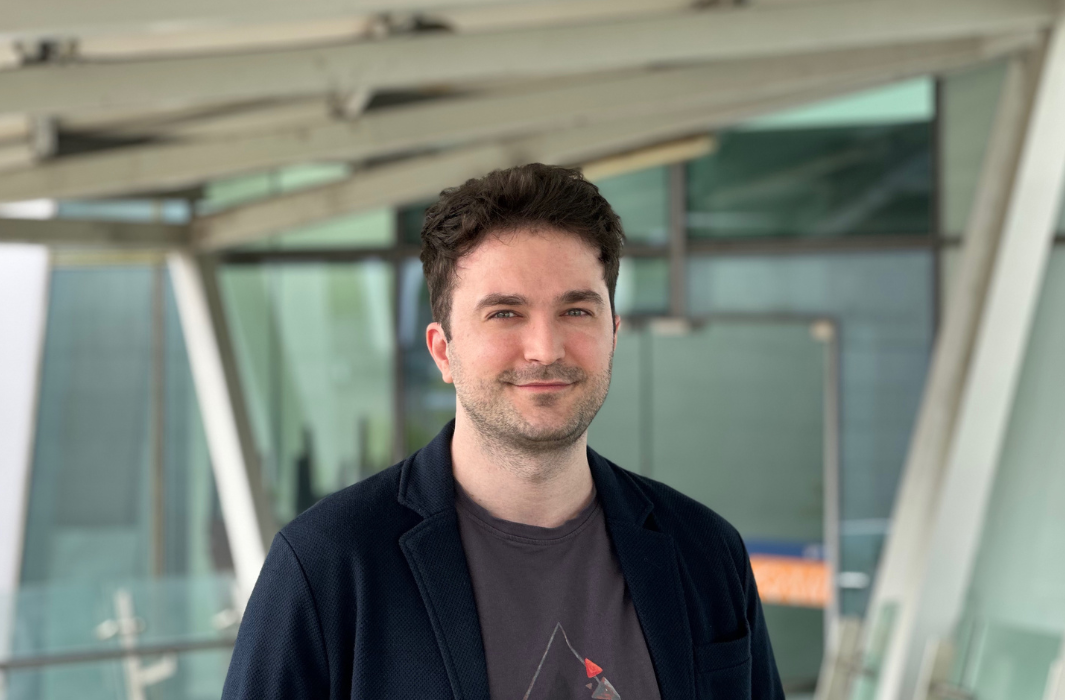Assistant Professor Emirhan İlhan, Department of Finance, has an insatiable appetite for knowledge. He studied psychology when pursuing his engineering degree, and finance when doing his masters in applied mathematics before switching to finance as his major.
Emirhan studied mechanical engineering as an undergraduate in his native Turkey. However, his interest waned during his internship doing R&D in a home appliance firm because he couldn’t tackle big, fundamental research questions and was only tasked with product development. “It was just not for me,” he recalled. Emirhan was keen on the research field, asking questions and investigating information to explain phenomena and concepts.
He then decided to pursue a post-graduate degree. “I wanted to do a Master’s degree to switch fields as I did not want to spend another four years studying an undergraduate degree,” he said. He enrolled in an applied mathematics Master’s programme, believing he could naturally switch to applied mathematics given his undergraduate specialisation in computational fluid dynamics.
Even though he enrolled to study applied mathematics, Emirhan’s curious mind led him to economist Robert Shiller’s online Coursera course on behavioural finance, which encapsulated Emirhan’s interest in human behaviour. “I am always interested in understanding what makes people tick and act the way they do especially when making financial decisions or dealing with financial situations,” he explained.
Finally, finance became Emirhan’s real calling, and he completed his Ph.D. at the Frankfurt School of Finance and Management.
Follow your heart
Today, Emirhan’s research focus is on climate finance. “Climate finance deals with how the effects of global warming may affect asset prices, financial markets and agents who participate in them, firms, and households,” he said.
Emirhan’s research includes studying climate risks’ impact on the options markets and climate-conscious investors’ impact on firms providing information on climate risks.
The US Securities and Exchange Commission cited his paper on the effect of institutional investors on climate risk disclosures in its meeting with US asset managers. Emirhan’s paper revealed that investors strongly demand climate risk disclosures, and many actively engage their portfolio firms for improvements.
“I would like to think my research has positively impacted policymaking,” Emirhan said. His next focus is on climate’s impact on household finances. He felt that there is a lack of study in this area and research can help guide mitigation efforts.
Looking back on his journey, Emirhan said, “I am doing research because I figured out that this is what I have enjoyed the most among all the things I have tried so far in my professional career.”
“Nobel Prize winner and influential economist Eugene Fama once said while he worked on many topics that shaped the way we think about finance today, he was just working on questions that felt interesting to him and didn’t anticipate they would become as important as they would. Maybe it’s not a bad idea to do what interests you most,” said Emirhan.
Finally, Emirhan believes one needs to be bold to try out different things in pursuit of one’s passion. “It is important to take chances to explore what you really want out of life,” he said.




